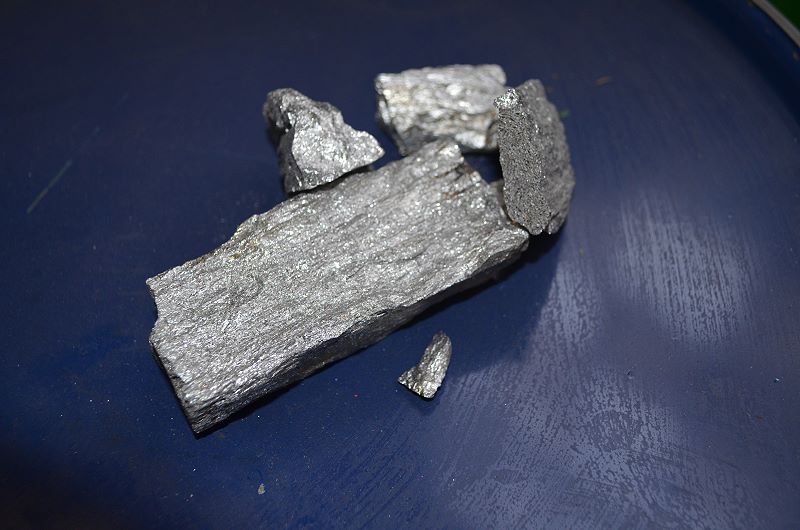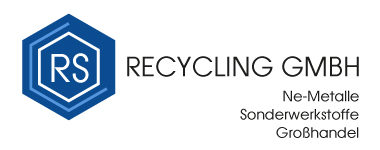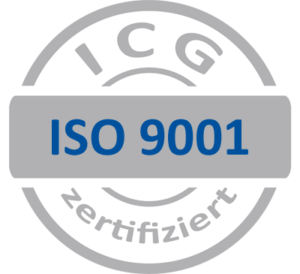Nickel alloys, also called nickel-based alloys, consist, as the name implies, of nickel as the main constituent and at least one other chemical element. They are produced by means of a melting process.
Depending on the admixture of an element, they have various physical properties such as, for example
- a controlled thermal expansion,
- special magnetic properties,
- electrical resistance etc.
In addition, these alloys generally have good corrosion and/or high temperature resistance.


Niob-Nickellegierung
Niob-Nickellegierung

The following nickel alloys are commonly used:
- low-alloyed (nickel content of up to 99.9%)
- nickel-chrom
- nickel-chrome-cobalt
- nickel-iron
- nickel-iron-chrome
- nickel-copper
- nickel-molybdenum-chrome
Almost all nickel alloys are classified according to international standards.
Applications for nickel materials:
- in the automotive industry (catalysts and valves)
- in the chemical industry (chemical reactors, boilers, pumps, valves and heat exchangers)
- in power generation (power plant generators)
- in aviation (fasteners, engines and turbines)
- in oil and gas extraction (drilling tools)
- Environmental protection and waste management (flue gas desulphurisation plants, waste incineration plants)
- electronic and household applications (electronic circuits, computer manufacturing, kitchen appliances, cookers)
We are buyers and suppliers of scrap, shavings, streamer, powder and residues of the following nickel alloys:
Inconel 713 ● 625 ● 718 ● 738
Rene 80 ● 88 ● 41 ● 77 ● 125
Hastelloy C263 ● X ● C276 ● C22 ● C4
CMSX 4 ● 6
Maraging C250 ● C300




Recent Comments